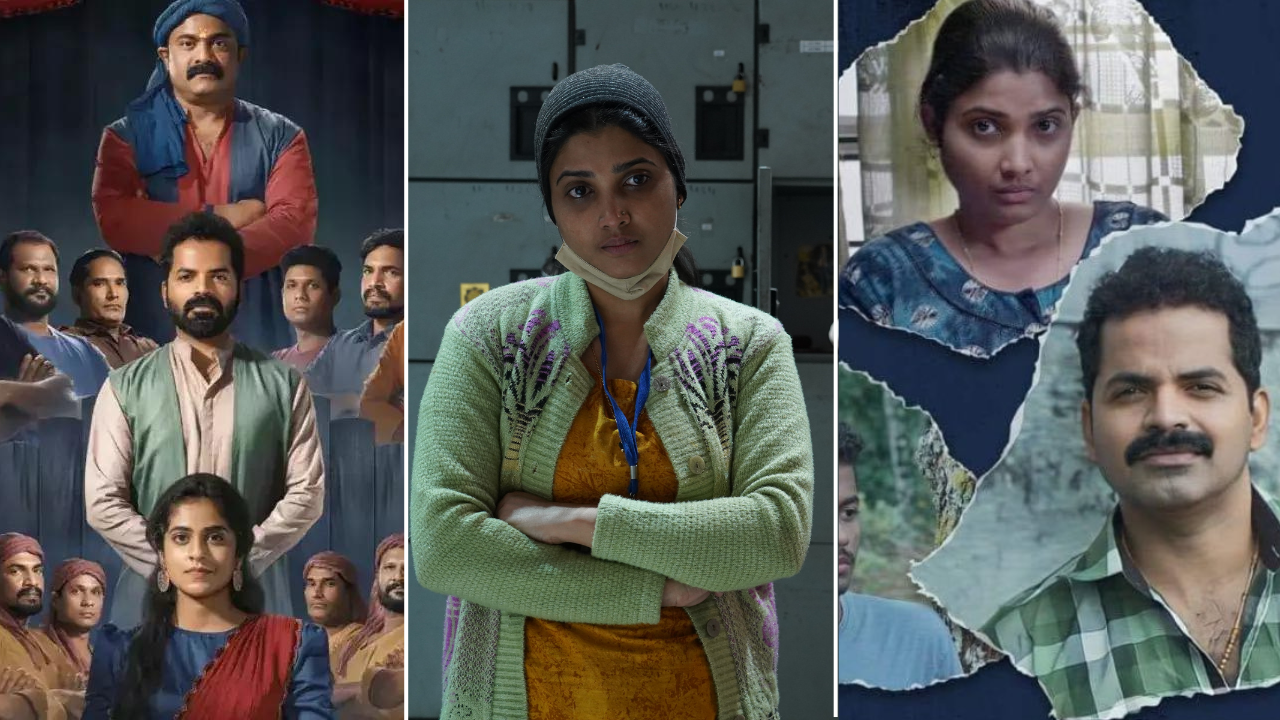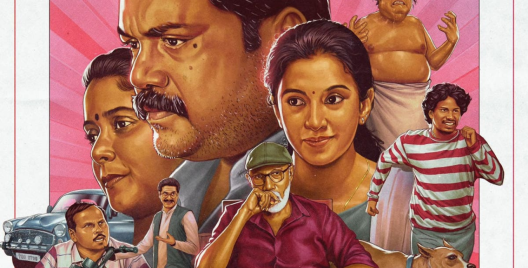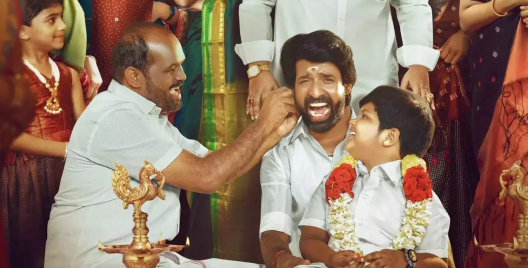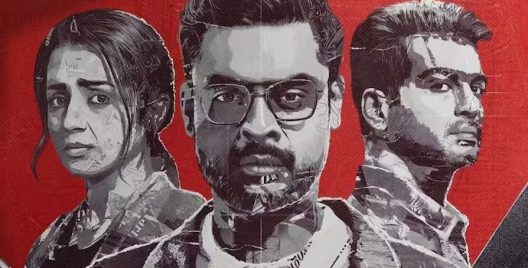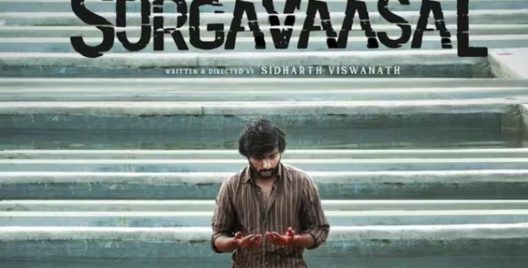The depiction of sexual violence in Indian cinema has gradually changed since 2012 when the Nirbhaya case triggered widespread conversations on the subject. In earlier decades, sexual violence was used as a plot point to justify the hero’s anger against the villain. The victim would either be killed or conveniently exit the film through suicide. After 2012, however, the rape-revenge drama became popular, with women survivors choosing to fight for justice by themselves, with or without the support of a male character.
But, most of these films revolved around sexual violence committed by strangers and did not look at rape culture as such. That is, society’s complicity in the act that emboldens perpetrators. Three recent Malayalam films, however, offer a much more nuanced and deeper understanding of sexual violence – Mahesh Narayanan’s Ariyippu (2022), Anand Ekarshi’s Aattam (2024), and Don Palathara’s Family (2024). In all three films, the focus is not so much on the violence itself as it is on the social fabric in which the crime occurs. The reactions and responses of those around the survivor(s) are under the spotlight.
In Ariyippu, set during the COVID-19 pandemic, a Malayali couple – Reshmi (Divya Prabha) and Hareesh (Kunchacko Boban) – is living in Noida and working at a glove factory. A video that shows Reshmi working at the glove factory is edited and joined along with a clip of a masked woman performing a sexual act on a man in the factory. While Hareesh initially supports his wife, he later begins to suspect that it was indeed Reshmi in the video. He takes out his anger and frustrations on her, even assaulting her in the process.
The woman who was actually in the video – it is suggested that she was from a Dalit caste with a photo of BR Ambedkar pasted inside her locker – is dead, and it is revealed that the man who shot the video is the employer’s brother. When the couple discovers the truth, Hareesh is keen to accept the bribe offered by the employer’s family to cover up his involvement while Reshmi refuses to do so.
In Aattam, the only woman actor in a progressive theatre group is sexually assaulted during a party. Anjali (Zarin Shihab) doesn’t see the face of the perpetrator but is convinced that it was Hari (Kalabhavan Shajohn), the popular star of the group. She confides in her boyfriend Vinay (Vinay Forrt), who is also part of the same group and resents Hari’s success. At first, most members of the theatre group seem united in their support for Anjali, but slowly, their priorities shift. It also turns out that Vinay, in whom Anjali had trusted so much, was using her to further his own career prospects.
The film is a resounding answer for all the scepticism and questions surrounding the #MeToo movement. Why didn’t she speak up when it happened? Why didn’t she slap him immediately? Why did she wear those clothes? Why did she drink with the men? Anjali finds out that she is quite alone, and that the men around her care very little about the trauma that she has experienced.
In Family, a man belonging to a prominent family in an Idukki hamlet systematically abuses children in his familial and social circle. Sony (Vinay Forrt) pretends to be a Good Samaritan but is actually a predator who grooms young children – boys and girls – and assaults them whenever he has the opportunity. This includes his younger brother.
But, that isn’t the most shocking aspect of the film. It is that everyone in his family is aware that he is a paedophile, including his aunt who is a nun. Their solution, however, is to brush it under the carpet and expect Sony to change by going for religious retreats or praying. Even when someone witnesses the abuse and brings it up, the family’s instinct is to silence the person and make sure the secret never comes out. The film ends on a disturbing note, with Sony becoming a teacher in a school.
Here are five points about sexual violence that these films expose:
1. The perpetrator is usually someone known to the victim/survivor: Every year, data from the National Crime Records Bureau (NCRB) reveals that in over 90% of cases of sexual violence, the perpetrator is someone acquainted with the victim/survivor. In Ariyippu, the woman in the video is sexually exploited by the employer’s relative. In Aattam, the woman is assaulted by her colleague, and in Family, the children are in Sony’s family and social circle and they’re entrusted to his care.
2. The survivor’s family and social circle rarely supports them: The trauma of sexual violence becomes all the more difficult to confront and process when survivors don’t have support from their loved ones. This is why many survivors are afraid of speaking up. In Ariyippu, Hareesh becomes violent towards Reshmi because he feels emasculated by the video. The real woman in the video ends up dead and her family is bought off by the privileged employer’s family. In Aattam, the theatre group turns hostile and leaves Anjali to fend for herself after their initial show of support. In Family, nobody even wants to acknowledge what’s happening to the children.
3. The perpetrator is protected by those around him: In all three films, the perpetrators are at an advantage because they’re protected by their family and society. In Ariyippu, the wealthy and caste privileged employer protects the perpetrator. An employee who is aware of the truth also sides with them because his job is at risk. In Aattam, the perpetrator dangles a rare opportunity for the theatre group to go abroad and make a lot of money, and this is enough for them to abandon the survivor and take his side. In Family, the perpetrator isn’t confronted by anyone who knows what he’s doing. They go to great lengths to ensure that he isn’t questioned for his actions.
4. The shame of sexual violence is pinned on the victim/survivor: The shame of a crime usually rests with the perpetrator but not so for sexual violence. Here, it is the victim or survivor who has to bear the shame, even as they struggle to deal with the violence meted out to them. In Ariyippu, the husband is unable to look at his wife with empathy and humiliates her for what has happened. In Aattam, the woman actor is blamed for her choice of clothes and behaviour, as if any of that justified what happened to her. In Family, when one of the characters brings up the perpetrator’s behaviour with children, she is told not to talk about it because it will affect the survivor’s family badly.
5. The abuse continues because there is social sanction: Perpetrators of sexual violence commit the crime over and over again because they are rarely punished for what they do. In Ariyippu, one of the employees confesses to the couple that the perpetrator is known for his wayward behaviour. Yet, the impulse is to cover up his actions rather than stop him. In Aattam, the perpetrator behaves badly with the survivor even before the assault but faces no serious repercussions. The theatre group later decides in his favour, even if some of them believe he must have committed the assault. In Family, the perpetrator is gifted a wider pool of victims when he becomes a school teacher. Nobody wants to stop him and he is free to prey on the children.




